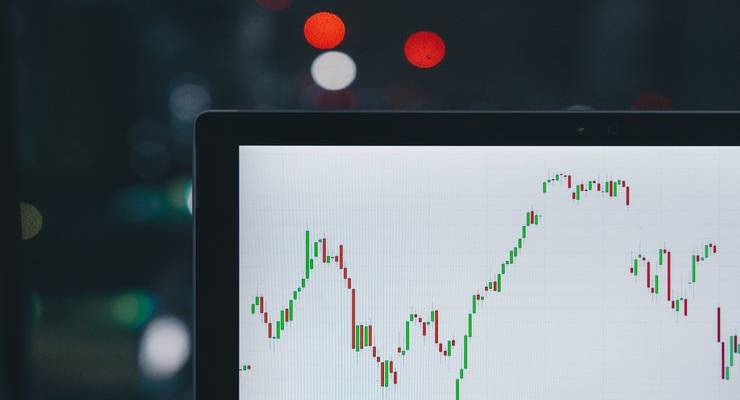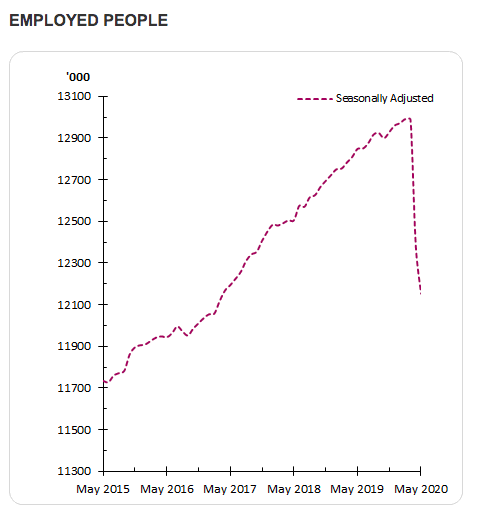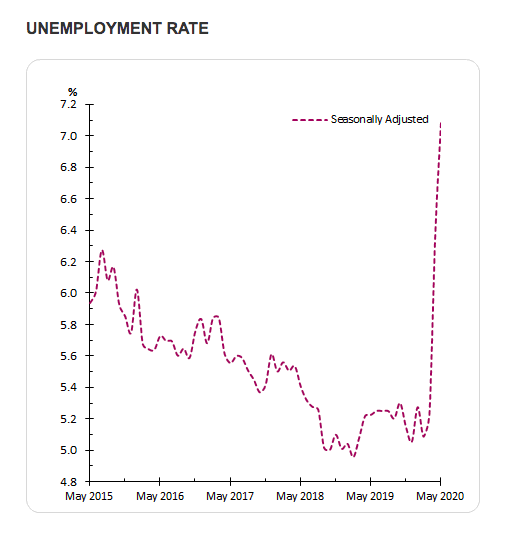
Australia is officially going into a recession. Technically, it already is in a recession — GDP data from the Australian Bureau of Statistics shows that Australian economy shrank by 0.3% in the March quarter.
And government officials and economists expect the data for the June quarter to be even worse.
A recession is defined as a significant decline in economic activity spread across the economy, lasting more than a few months, normally visible in real GDP, real income, employment, industrial production, and wholesale-retail sales.
According to Treasurer, Josh Frydenberg, both business and consumer confidence was at its lowest during mid-March.
However, the early stages of coronavirus is not the only contributing factor to the economic downturn.
The bushfires have also played a role; figures from the Australian Bureau of Statistics (ABS) show Australia’s economy recorded its slowest growth in over a decade before the coronavirus lockdown was put in place.
Is Australia going into a recession?
ABS figures confirm what a lot of us already knew was coming our way — that being the first recession in 29 years in Australia.
May numbers reported by ABS show that:
- Employment decreased by 227,700, to 12,154,100 people
- Full-time employment decreased by 89,100, to 8,540,000 people
- Part-time employment decreased by 138,600, to 3,614,100 people
- Unemployment increased by 85,700, to 927,600 people
- The unemployment rate increased by 0.7 points to 7.1%
- The underemployment rate decreased by 0.7 points to 13.1%
- The underutilisation rate increased by less than 0.1 points to 20.2%
- Monthly hours worked in all jobs decreased by 12.1 million hours, to 1,604.7 million hours.


Unemployment isn’t the only symptom of a recession. Commercial slowdowns, government spending and weak consumer confidence also play a part in reinforcing the recession in Australia, which has been caused by both the bushfires and the coronavirus pandemic.








Crikey is committed to hosting lively discussions. Help us keep the conversation useful, interesting and welcoming. We aim to publish comments quickly in the interest of promoting robust conversation, but we’re a small team and we deploy filters to protect against legal risk. Occasionally your comment may be held up while we review, but we’re working as fast as we can to keep the conversation rolling.
The Crikey comment section is members-only content. Please subscribe to leave a comment.
The Crikey comment section is members-only content. Please login to leave a comment.